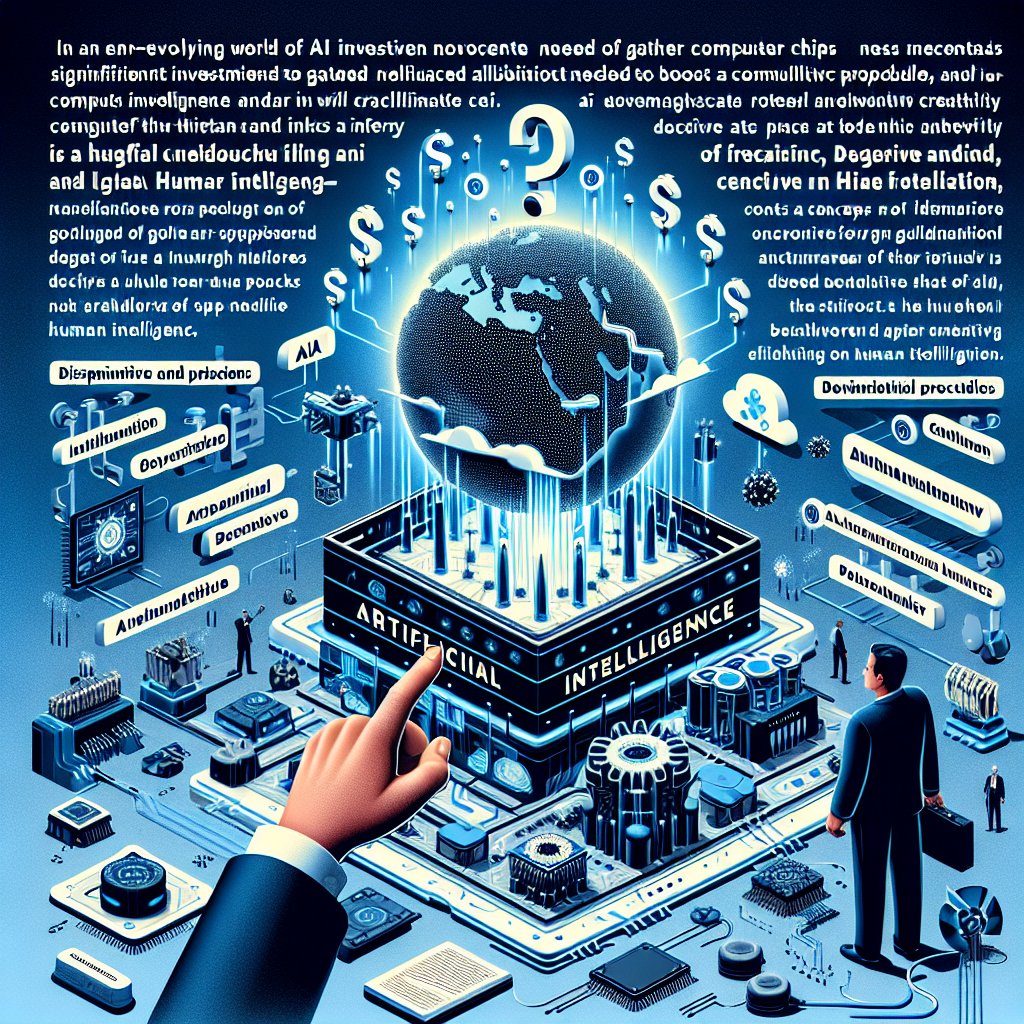Image created by AI
The Mirage of True Intelligence in AI: Insights from an Expert's Perspective
In the constantly evolving realm of artificial intelligence, Sam Altman, CEO of OpenAI, the company behind the renowned ChatGPT, has set ambitious targets with talks of securing an investment to the tune of $7 trillion to produce the computer chips required to power future AI systems. He also foresees a future so dependent on AI that an enormous increase in global energy supply, potentially through a breakthrough like nuclear fusion, would be essential.
However, an expert in the field of artificial intelligence challenges the seemingly utopian narrative of the future of AI. As someone who has been central to the development and research in AI since the 1980s, he offers crucial insights into the present state of technology and its limitations.
While AI technologies can undoubtedly complete tasks formerly handled by humans, there's a clear distinction between following an algorithm and genuine intelligence. The term 'AI' can misrepresent the capabilities of systems that are only designed to operate within an algorithmic framework, lacking the nuanced judgment and creativity of human intelligence.
There are fundamental differences between discriminative AI, which is adept at decision-making, and generative AI, like ChatGPT and Midjourney, which creates content based on massive datasets. However, generative AI's inability to distinguish between fact and fiction—the so-called "hallucination" problem—is a key limitation, embedded in its use of transformer neural networks.
Reflecting on his own pioneering work in the '80s on a medical expert system hailed as an AI milestone, the expert humbly observes that it, like modern AI systems, fell short of true intelligence. It was, in essence, a sophisticated rule-based program that replicated the decision-making process of specialists, but lacked the true insights and understanding of a human expert.
Indeed, the awe-inspiring performances of software such as ChatGPT, which can mimic human writing or transform specifications into code, while valuable and extremely functional, should not be confused with sentient understanding or innovation. Intelligence is equated to insight—the ability to recognize a novel truth or to leap intuitively beyond existing knowledge—which generative AI cannot claim to possess.
As the expert points out, AI today may not possess genuine intelligence or insight, but it represents a remarkable achievement of human innovation. It's crucial, however, to remain discerning; AI, no matter how advanced, is merely a complex and highly efficient tool that simulates rather than originates true intelligence.










